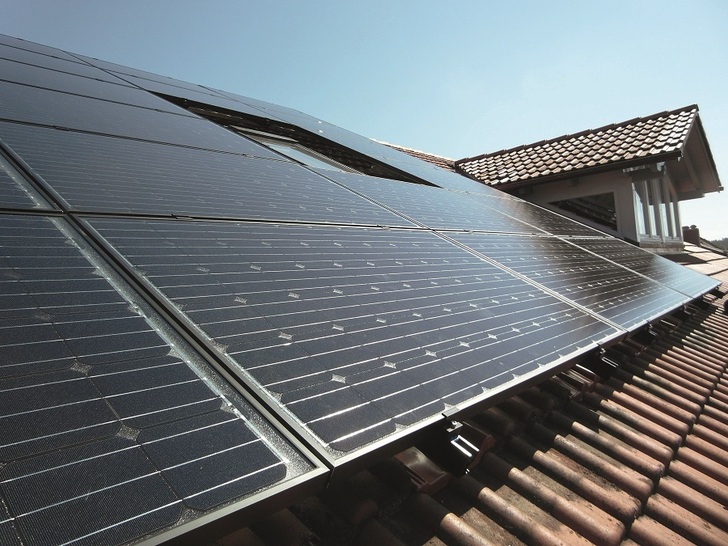It must be able to withstand the high temperatures generated by photovolatic modules and be water tight.
Is selenium still used in solar panels.
By embedding the element selenium in zinc oxide researchers have made a relatively inexpensive material that could be promising for solar power conversion by making more efficient use of the sun.
For comparison a 60w light bulb will use 60w in an hour.
This secure power supply will provide up to 2000w of energy.
A bioplastic used in a solar cell is built to last for the typical 25 year life of the cell.
A team at the lawrence berkeley national laboratory in berkeley california embedded selenium in zinc oxide a relatively inexpensive material that could be promising for solar power conversion.
So most dismissed them from the realm of further scientific inquiry.
Research teams have announced that the use of nickel and selenium in the production of solar cells could make them less expensive and more efficient.
Five lights would utilize 300w in an hour.
As a result electricity from cdte solar farms is being produced more cheaply than it is from fossil fuels.
By adding cells to the outside of the body the mission time could be extended with no major changes to the spacecraft or its power systems.
1959 hoffman electronics creates a 10 efficient commercial solar cell and introduces the use of a grid contact reducing the cell s resistance.
Cdte panels have been found to produce electricity at lower costs than silicon panels and there has been a dramatic gain in efficiency brought about by adding an element called selenium to the cadmium telluride.
Solar cells were first used in a prominent application when they were proposed and flown on the vanguard satellite in 1958 as an alternative power source to the primary battery power source.

